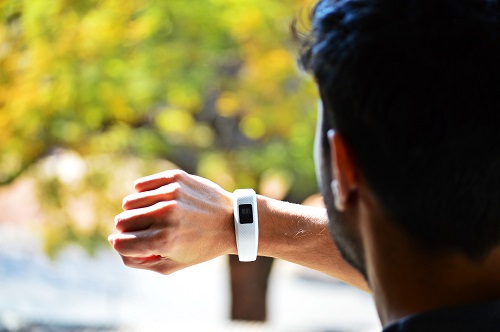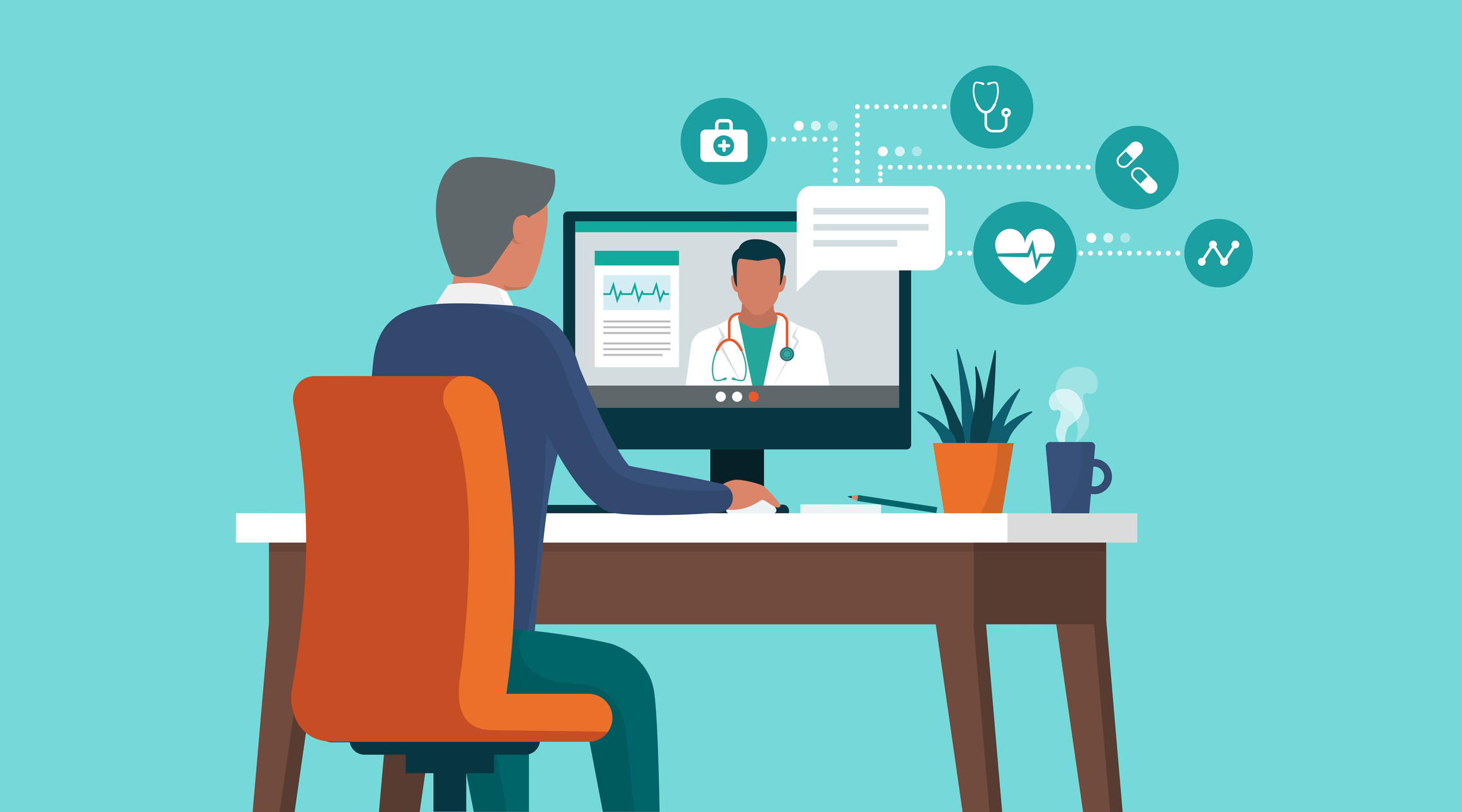You can find high-tech sensors in computers, cars, home appliances – and now, your medicine cabinet?
Sensors of all kinds are increasingly finding uses in the healthcare industry. There are implantable sensors that are placed within the body. Transdermal sensors are applied to the skin. Even basic medical supplies like stethoscopes are getting revolutionary new upgrades in the form of sensors that send data directly to a touchscreen device that houses all of the patient’s health information. A non-invasive real-time body scanner might sound like science fiction, but in fact, providers at the cutting edge of healthcare are already using the technology.

Sensors in Online Medicine
Unsurprisingly, among the first medical providers to embrace sensor technology for patient care are those who are already bucking tradition in the healthcare system. For example, a membership-based primary care service called Forward provides its members with wearable sensors that track everything from blood pressure to the electrical activity of the heart. Forward combines face-to-face doctor appointments with an online component – unlimited doctor messaging – for a unique patient experience that heavily emphasizes ongoing patient-doctor communication via its mobile app.
As sensor technology becomes more prevalent, membership-based online medical services may be the ones most likely to implement these gadgets. After all, the online doctor services that fill in gaps in primary care availability – like on-demand virtual sick visits outside of normal office hours – may never develop a rapport with patients that allows for this ongoing monitoring. Patients who see an online doctor for an urgent sick exam won’t have these smart devices on hand. Those who join a membership, subscription or concierge medicine service, on the other hand, could pick up wearable or transdermal sensors when they first see a doctor in person or have them shipped to the patient’s home when they first subscribe to the online medical service.
Practical Applications for Medical Sensors
These sensors may seem “cool,” but do they really change the delivery of patient care? You may be surprised. Patients struggling with insomnia can have their sleep issues monitored from the comfort of their own home, rather than having to stay overnight in a sleep lab. New transdermal sensors allow patients with diabetes to skip the daily (or several times a day) finger pricks in favor of noninvasive continuous glucose monitoring. Sensors can track data previously unavailable or simply improve patient quality of life by reducing pain and inconvenience.

